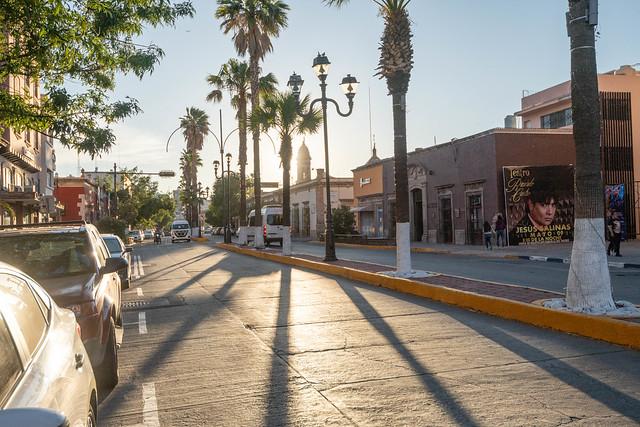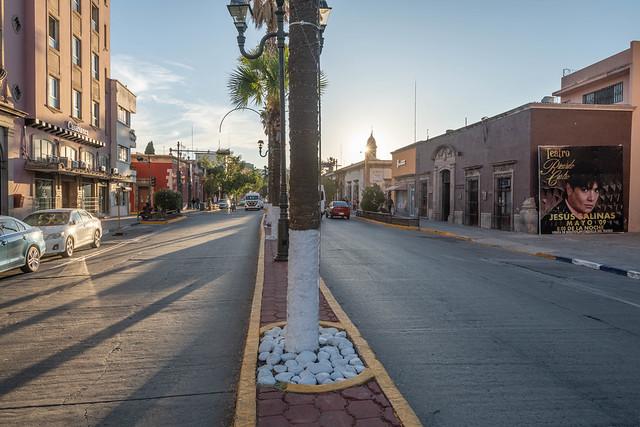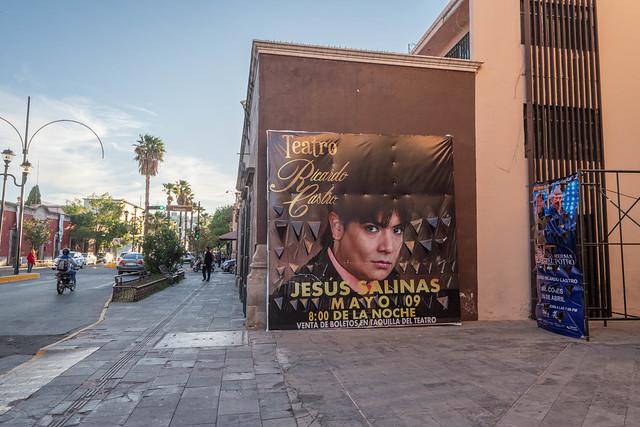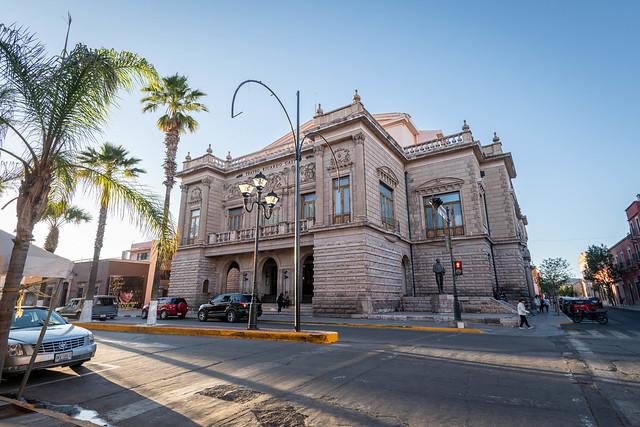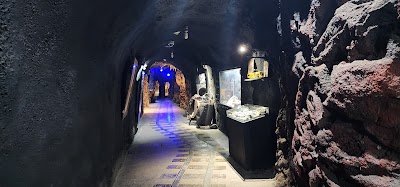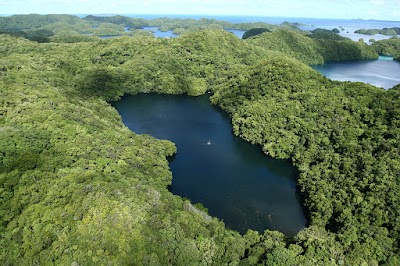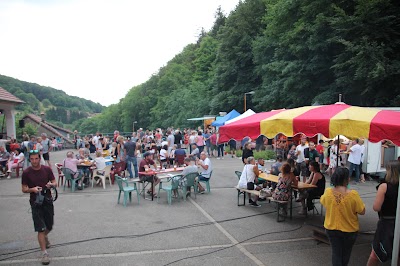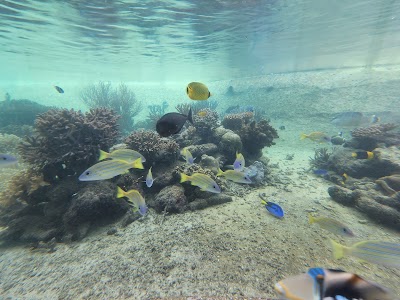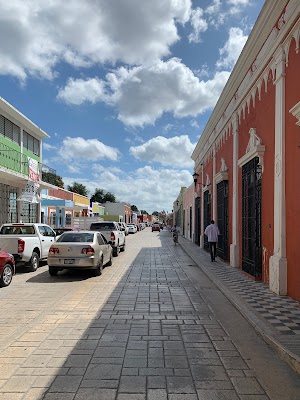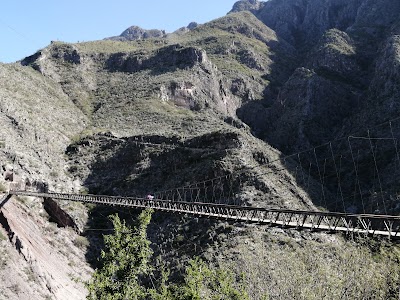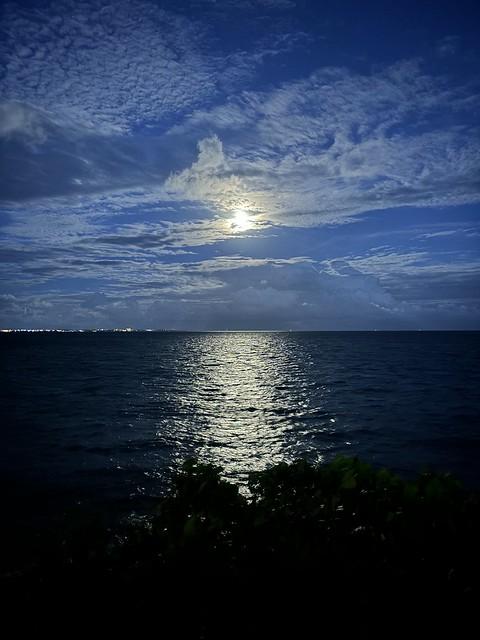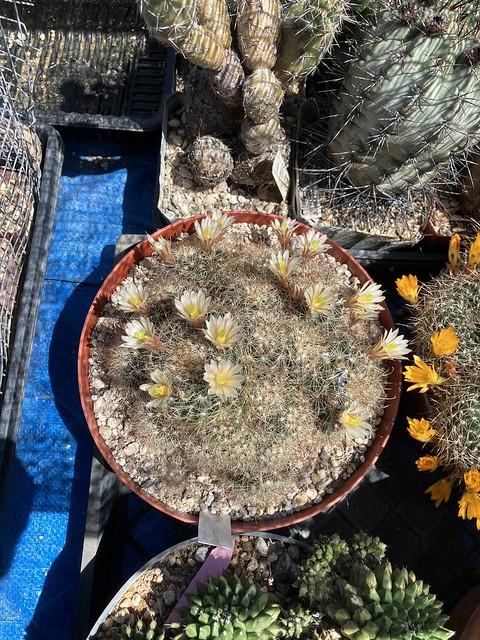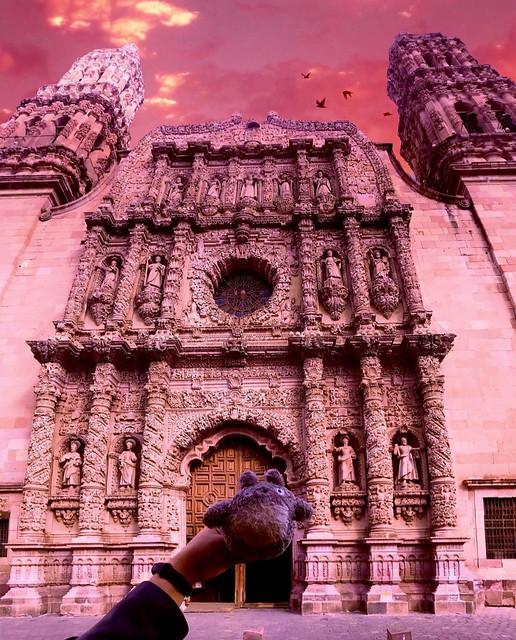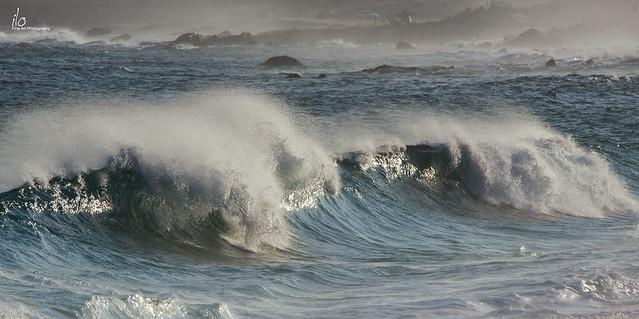Durango
Overview
Overview of Durango, Mexico
Durango, officially known as Victoria de Durango, is a state rich in history and natural beauty, located in the northwestern part of Mexico. This region is known for its rugged landscapes, which include mountains, forests, and deserts, making it a perfect backdrop for many Hollywood Western films. Durango offers a unique blend of indigenous and colonial Spanish influences, evident in its architecture, traditions, and local cuisine. The state's capital, also named Durango, is famous for its well-preserved colonial buildings and cobblestone streets, offering a glimpse into Mexico's grand past. Visitors can explore local museums, such as the Museum of Popular Culture, and enjoy traditional dishes like caldillo Durangueño, a spicy beef stew.
Tourism Season and Activities
The high season for tourism in Durango is during the summer months, from June to August, when the weather is warm and conducive to exploring the outdoors. This period is ideal for hiking in the Sierra Madre Occidental or visiting natural attractions like the Mexiquillo Park, known for its stunning rock formations and pine forests. Adventure seekers can enjoy zip-lining, mountain biking, and even scuba diving in the lagoons of Poanas. Cultural festivals, such as the Ricardo Castro Festival, which celebrates music and arts, occur during this time, providing visitors with a rich cultural experience alongside their adventure pursuits.
Preparation Tips for Travelers
Before visiting Durango, travelers should prepare adequately to make the most of their trip. It is advisable to pack clothing suitable for both warm days and cooler evenings, as temperatures can vary, especially in mountainous areas. Sturdy hiking shoes are a must if planning to explore the natural terrains. Learning some basic Spanish phrases can be incredibly helpful, as English is not widely spoken outside of the main tourist areas. Additionally, travelers should stay updated on local health and safety advisories, including any travel restrictions. Carrying cash in local currency (Mexican Peso) is recommended, as smaller shops or rural areas might not accept credit cards. Lastly, securing travel insurance can provide peace of mind, covering any unexpected events during the journey.
How It Becomes to This
History not available

Places in Durango
Explore the most popular attractions and landmarks
You May Like
Explore other interesting states in Mexico
Discover More Area
Delve into more destinations within this state and uncover hidden gems.


